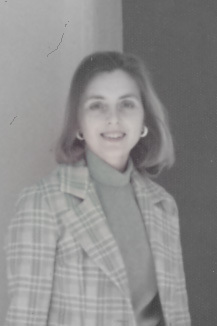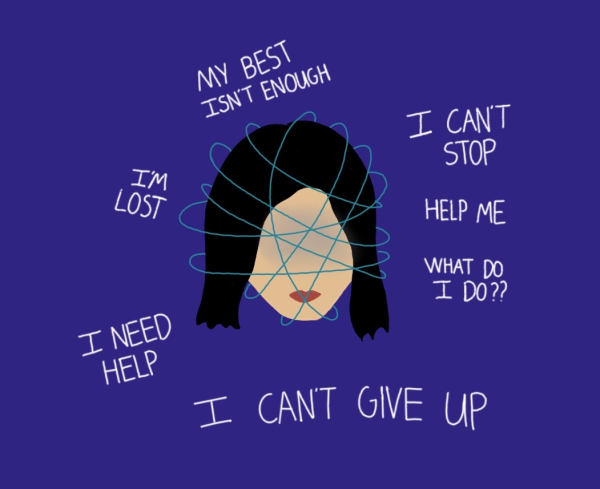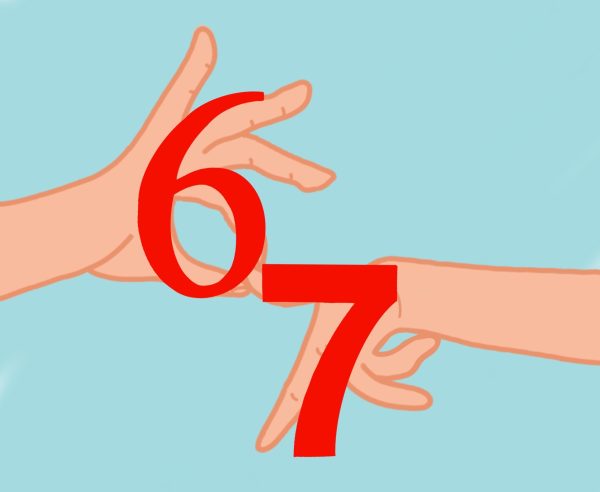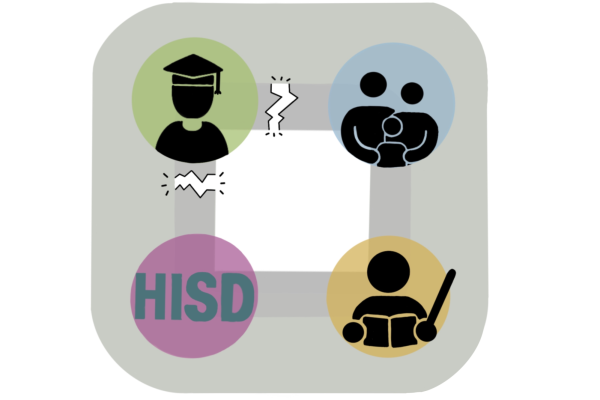Dealing with the death of my chronically ill grandmother

Courtesy of Samuel Mazella
I was called into my dining room. My mother had me sit down at our wooden kitchen table when she told me the news: My grandmother had finally succumbed to Huntington’s disease.
In the spring of 2014, my dad flew into Maryland to take care of my grandmother, who was declining very rapidly. For the last 28 years, my grandmother, Judy Holderman Mazella, had dealt with Huntington’s disease, a rare genetic disorder which includes symptoms of loss of control and coordination of muscles, dementia, and eventually, death. There was and still is no cure or even treatment, so for nearly three decades, she gradually declined with no hope of her ever being cured.
My relationship with my grandmother was not as close as my relationship with my other grandparents. I couldn’t have a long conversation with her because she couldn’t remember anything past 5 minutes. The only places we could go were restaurants because she needed to be able to sit down. Over the twelve years that I knew her, her condition got worse and worse. When I was around seven, she stopped painting, her lifelong love and passion. When I was around eight, she lost the ability to walk. When I was ten, she lost the ability to tell whether it was night or day. She was declining so fast that any visit would be preceded with an explanation of what she couldn’t do.
The day that my grandmother died, my mother bought plane tickets and we flew to Maryland within two days. This was my first time at a funeral. The only direct family member that had ever died while I was alive was my mother’s grandmother, and I didn’t go to her funeral because I was so young that I didn’t understand death. I had no idea the amount of emotional pain that I would experience, of never knowing someone when they were actually someone. I listened to people talk about her as if she were someone else. She was described as individualistic, athletic, things I that I never personally experienced with her. I felt sad not just for her passing, but for the fact that I never truly knew her.
I decided that I wanted to find more about her upbringing and her family. I found out that she was born in Ohio and moved to Oak Park, a suburb of Chicago, when she was a child. I found out that she went to a church designed by Frank Lloyd Wright, the American architectural icon. I found out that she played tennis and loved it. I also found out some not so amazing things, such as her mother making her and her twin sister dress up in the same outfits. Or how she had to move to Virginia after her father lost his job in the Postal Service due to his symptoms of Huntington’s Disease. Or how her high school boyfriend broke up with her after seeing her father losing control over his health and got cold feet. I would’ve never discovered any of these things had she not passed.
It has been six years since she passed and I still think about her frequently. I think about how she loved the pasta my grandfather cooked for her. I think about how she would reign him in with the simple utterance of, “Sam!”. I think about how every five minutes, she would say “Hi Joseph” because she wouldn’t remember that I had been there. Most of all, I’ll remember how, even when she was in her worst stages, she never forgot who the people who loved her were.
Your donation will support the student journalists of Bellaire High School. Your contribution will allow us to purchase equipment and cover our annual website hosting costs.






